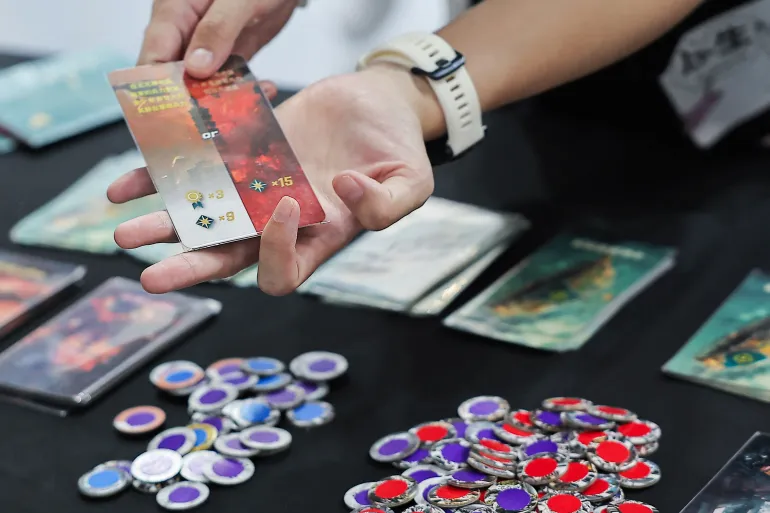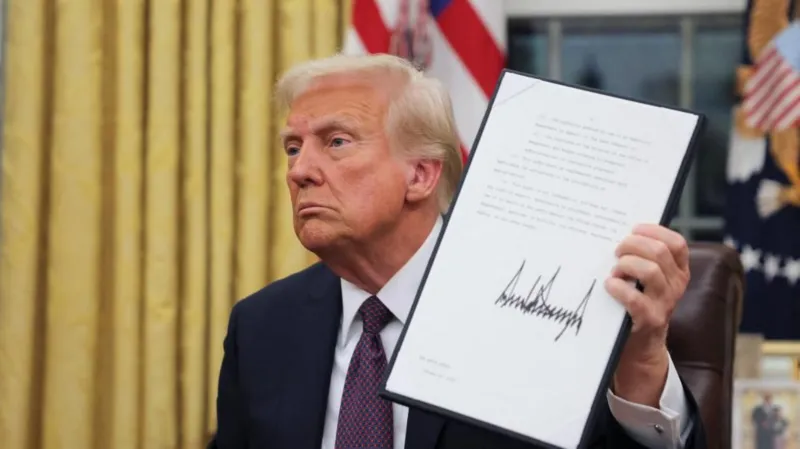In recent years, the rising tensions between Taiwan and China have captured global attention, raising concerns about the possibility of conflict in the region. While diplomatic efforts and military strategies dominate discussions, a surprising and unconventional approach has emerged in Taiwan: using board games to foster readiness and resilience in the face of potential threats.
At first glance, the idea of a board game contributing to national security might seem far-fetched, yet it reflects a creative and strategic way to engage citizens in understanding complex geopolitical dynamics. Board games, long associated with entertainment and leisure, have evolved into sophisticated tools for simulation, education, and strategic thinking. In Taiwan, they are being used to simulate scenarios of potential conflict with China, encouraging participants to think critically about defense strategies, resource management, and decision-making under pressure.
One such example is Defense of the Homeland, a game developed by experts in strategy and defense. The game places players in the roles of various stakeholders—military leaders, policymakers, and civilians—tasked with navigating the challenges of defending Taiwan against a simulated invasion. Players must weigh the consequences of their actions, manage limited resources, and coordinate efforts to protect the island’s sovereignty.
The appeal of these games lies in their ability to simplify complex scenarios while maintaining realism. By presenting scenarios that mirror real-world challenges, they allow players to explore possible outcomes of military, economic, and diplomatic decisions in a low-risk environment. More importantly, they create opportunities for dialogue among citizens, fostering a sense of collective responsibility and preparedness.
This approach also has a psychological dimension. By immersing players in challenging scenarios, board games can help normalize the idea of preparing for worst-case situations. For a society that has grown accustomed to relative peace, such simulations can serve as a wake-up call, shifting perspectives from complacency to proactive engagement.
Educational institutions in Taiwan have also adopted these games, incorporating them into curriculums that emphasize critical thinking, problem-solving, and teamwork. Students not only learn about Taiwan’s geopolitical situation but also gain insights into the broader implications of war and peace. This experiential learning method resonates particularly well with younger generations, who often view traditional methods of civic education as outdated or uninspiring.
Critics, however, argue that gamifying a serious and potentially devastating issue could trivialize its gravity. They worry that the simplification inherent in board games might lead to an oversimplified understanding of the complexities of warfare and diplomacy. Others contend that such initiatives could exacerbate tensions by framing conflict as an inevitability, rather than focusing on peace-building efforts.
Despite these concerns, proponents of using board games as preparation tools argue that their value lies in awareness and engagement. They see the games as a way to empower individuals, giving them a sense of agency and understanding in the face of uncertainty. For Taiwan, a nation that has long faced the shadow of Chinese aggression, this approach offers a unique blend of education, entertainment, and empowerment.
In a world where traditional methods of preparing for conflict often focus on military drills and political rhetoric, Taiwan’s use of board games stands out as an innovative experiment. While no game can fully prepare a nation for the realities of war, these simulations serve as a reminder of the importance of readiness, unity, and strategic thinking.
As the geopolitical landscape continues to shift, Taiwan’s creative approach could inspire other nations to rethink how they prepare their citizens for an uncertain future. By engaging minds and fostering dialogue through play, these games might just be the unlikely tools that help build a more resilient society.




















